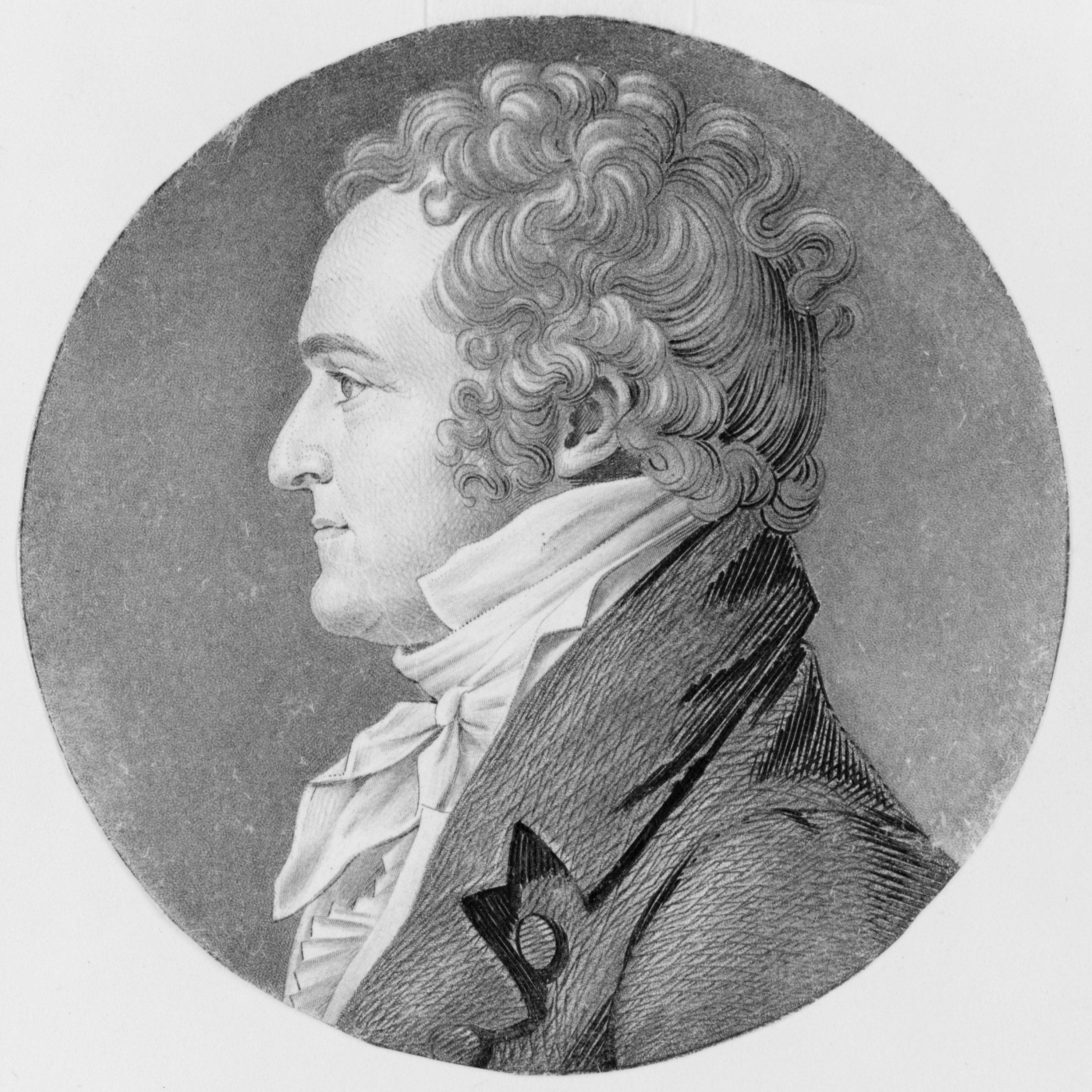- William Wirt (Attorney General)
Infobox US Cabinet official
name=William Wirt

order=9th
title=United States Attorney General
term_start=November 13 ,1817
term_end=March 4 ,1829
president=James Monroe John Quincy Adams
predecessor=Richard Rush
successor=John M. Berrien
birth_date=November 8 ,1772
birth_place=Bladensburg, Maryland , USA
death_date=death date and age|1834|2|18|1772|11|8
death_place=USA
party=Democratic-Republican Party, Anti-Masonic
spouse=
profession=Lawyer ,Politician William Wirt (
November 8 ,1772 –February 18 ,1834 ) was an American author and statesman who is credited with turning the position ofUnited States Attorney General into one of influence.Biography
Born in
Bladensburg, Maryland , to a Swiss father and a German mother, Wirt was privately educated, studied law and was admitted to the Virginia bar in 1792. He began practice at Culpeper Courthouse, Virginia.cite book | last =Fulton | first =Maurice Garland | authorlink = | title =Southern Life in Southern Literature | publisher =Kessinger Publishing | date =1917 | pages =1 | url =http://books.google.com/books?vid=ISBN0766146243&id=VR3RlmT521QC&printsec=frontcover | isbn =0766146243 ] After several years as a lawyer, he became clerk of theVirginia House of Delegates , then chancellor of the Eastern District of Virginia. In 1807, PresidentThomas Jefferson asked him to be the prosecutor inAaron Burr 's treason trial. PresidentJames Monroe named him the ninth Attorney General of the United States in 1817, a position he held for 12 years, through the administration ofJohn Quincy Adams , until 1829. William Wirt has the record for the longest tenure in history of any U.S.attorney general . After his retirement he resided in Baltimore.In June 1830, a delegation of
Cherokee led by Chief John Ross selected Wirt on the urging of Senators Webster and Frelinghuysen to defend Cherokee rights before theU.S. Supreme Court . Wirt argued in "Cherokee Nation v. Georgia " that "the Cherokee Nation [was] a "foreign nation" in the sense of our constitution and law..." and was not subject to Georgia's jurisdiction. Wirt asked the Supreme Court to null and void all Georgia laws extended over Cherokee territory on the grounds that they violated theU.S. Constitution , United States-Cherokee treaties, and United States intercourse laws.Although the Court determined that it did not have original jurisdication in this case, the Court held open the possibility that it yet might rule in favor of the Cherokee. Wirt therefore waited for a test case to again resolve the constitutionality of the laws of Georgia. The opportunity came on March 1, 1831, when Georgia passed a law aimed at evicting missionaries, who were perceived as encouraging the Cherokee resistance to removal, from Cherokee lands. The
American Board of Commissioners for Foreign Missions , an interdenominational missionary organization hired Wirt to challenge the new law. The decision in "Worcester v. Georgia " was handed down by Chief JusticeJohn Marshall on March 3, 1832, and stated that in the Cherokee Nation, "the laws of Georgia have no force, and...the citizens of Georgia have no right to enter."After leaving Washington, D.C., he returned to Baltimore, Maryland, was an unsuccessful candidate for President in 1832 as the candidate of the Anti-Masonic party. This was rather ironic because he was, in fact, a former
Freemason and even gave a speech at the Anti-Masonic convention defending the organization. This event was the first nationalnominating convention ever held by a U.S. political party. In going on to winVermont , he became the first candidate of an organized third party to carry a state. Wirt practiced law until his death in 1834.In 1817, Wirt wrote "Life and Character of Patrick Henry", a biography of
Patrick Henry which contained the supposed text of some of Henry's speeches, many of which had never been published. Some historians have since speculated that some of Henry's phrases that have since become famous, such as "Give me Liberty, or give me Death! " were essentially fabricated by Wirt for this book. He had the distinction of being regarded for many years as the chief man of letters in the South.Grave robbery
In the early 2000s, after a series of mysterious phone calls to the cemetery, it was discovered that in the 1970s someone had broken into the Wirt Tomb at Washington, D.C.'s
Congressional Cemetery and had stolen Wirt's skull. After the skull was recovered from the house of a historical memorabilia collector, it spent time in D.C. Council member Jim Graham's office while he tried to get it returned to its rightful crypt. Finally in 2005 investigators from theSmithsonian Institution were able to determine the skull, which had gold block letters saying "Hon. Wm. Wirt" painted on it, was indeed his and had it returned.cite web |url=http://www.washingtonpost.com/wp-dyn/content/article/2005/10/19/AR2005101902374_pf.html |title=Tale From the Crypt ]Legacy
Wirt County, West Virginia (), is named in his honor.Important Cases Argued
*
Gibbons v. Ogden
*McCulloch v. Maryland
*Cherokee Nation v. Georgia
*Worcester v. Georgia References
* [http://www.usdoj.gov/jmd/ls/agbiographies.htm#wirt US Department of Justice biography] (in the
public domain )
*Raphael, Ray. "Founding Myths: Stories that Hide our Patriotic Past". New Press, 2004.
* [http://www.masonicinfo.com/didyouknow.htm Masonic info site mentioning Wirt's status as a Mason]
* [http://docsouth.unc.edu/wirt/menu.html Life and Character of Patrick Henry by William Wirt]
* [http://www.washingtonpost.com/wp-dyn/content/article/2005/10/19/AR2005101902374_pf.html Tale from the Crypt]
* [http://www.findagrave.com/cgi-bin/fg.cgi?page=gr&GRid=12957 William Wirt] atFind A Grave Notes
Further reading
*Jabour, Anya. "Marriage in the Early Republic: Elizabeth and William Wirt and the Companionate Ideal." Baltimore: Johns Hopkins University Press, 1998.
Wikimedia Foundation. 2010.
